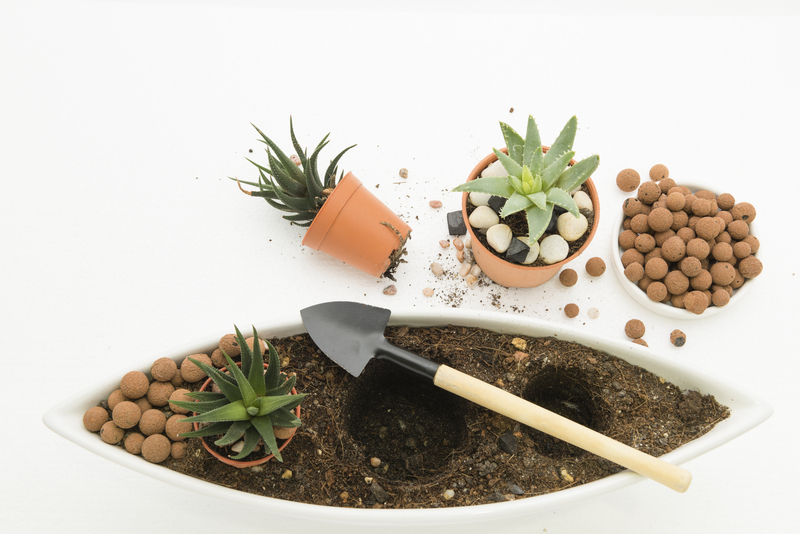Top Houseplants for Purifying Air Indoors
Posted on 29/09/2024
Indoor air quality is an essential factor in maintaining a healthy living environment. Houseplants not only add aesthetic value to your home but also purify the air, making it cleaner and fresher. Specific houseplants can absorb toxins, improve humidity levels, and even boost your mood. This article explores the top houseplants renowned for their air-purifying properties.
1. Spider Plant (Chlorophytum comosum)
Spider plants are known for their easy maintenance and resilience. They are highly effective in removing formaldehyde, xylene, and toluene from the air. These plants thrive in bright, indirect sunlight and need water only when the soil feels dry.

2. Snake Plant (Sansevieria trifasciata)
Snake plants are incredibly efficient in filtering toxins like formaldehyde, xylene, toluene, and nitrogen oxides. They are perfect for beginners as they require minimal care. Keep them in low-light conditions and water them sparingly.
3. Peace Lily (Spathiphyllum)
Peace lilies are not only gorgeous but also excellent at purifying air. They can remove ammonia, benzene, formaldehyde, and trichloroethylene. They flourish in shaded areas and need consistent watering, keeping the soil moist but not waterlogged.
4. Boston Fern (Nephrolepis exaltata)
Boston ferns excel at removing pollutants like toluene and xylene. They prefer cool, humid conditions and indirect light. These plants require regular watering and misting to maintain humidity levels.
5. Aloe Vera (Aloe barbadensis miller)
Aloe Vera is not just a handy plant for skin remedies; it also purifies the air by absorbing formaldehyde and benzene. Aloe Vera needs bright light and occasional watering, making it an easy plant to care for.
6. English Ivy (Hedera helix)
English Ivy can remove formaldehyde, benzene, xylene, and toluene from the air. It grows well in moderate light and slightly moist soil. It is also effective in reducing mold levels in your home.
Pros and Cons of Houseplants for Air Purifying
Pros:
- Improves air quality by removing toxins.
- Enhances aesthetic appeal and ambiance.
- Boosts mood and reduces stress.
- Increases humidity levels in dry conditions.
Cons:
- Some plants may require frequent watering and maintenance.
- Pets may be allergic to certain houseplants.
- Some houseplants may be toxic if ingested.
- Pest infestation can be a concern with some plants.
Tips for Maintaining Houseplants for Purifying Air
- Choose plants suitable for your home's light conditions.
- Use well-draining soil to prevent root rot.
- Regularly clean the leaves to ensure maximum photosynthesis.
- Rotate your plants occasionally for even growth.
- Avoid overwatering by allowing the soil to dry out between waterings.

Takeaways
Houseplants are a natural and effective way to enhance indoor air quality. Different plants target various toxins, so a combination of several types can achieve the best results. While there are numerous benefits, consider the care requirements and any potential hazards for pets and children.
Conclusion
Incorporating air-purifying houseplants into your home not only enhances its beauty but also offers numerous health benefits. From the resilient Spider Plant to the elegant Peace Lily, there is a wide range of plants to choose from, each with its unique air-purifying abilities. With proper care and placement, these plants can significantly improve the quality of air you breathe indoors.




